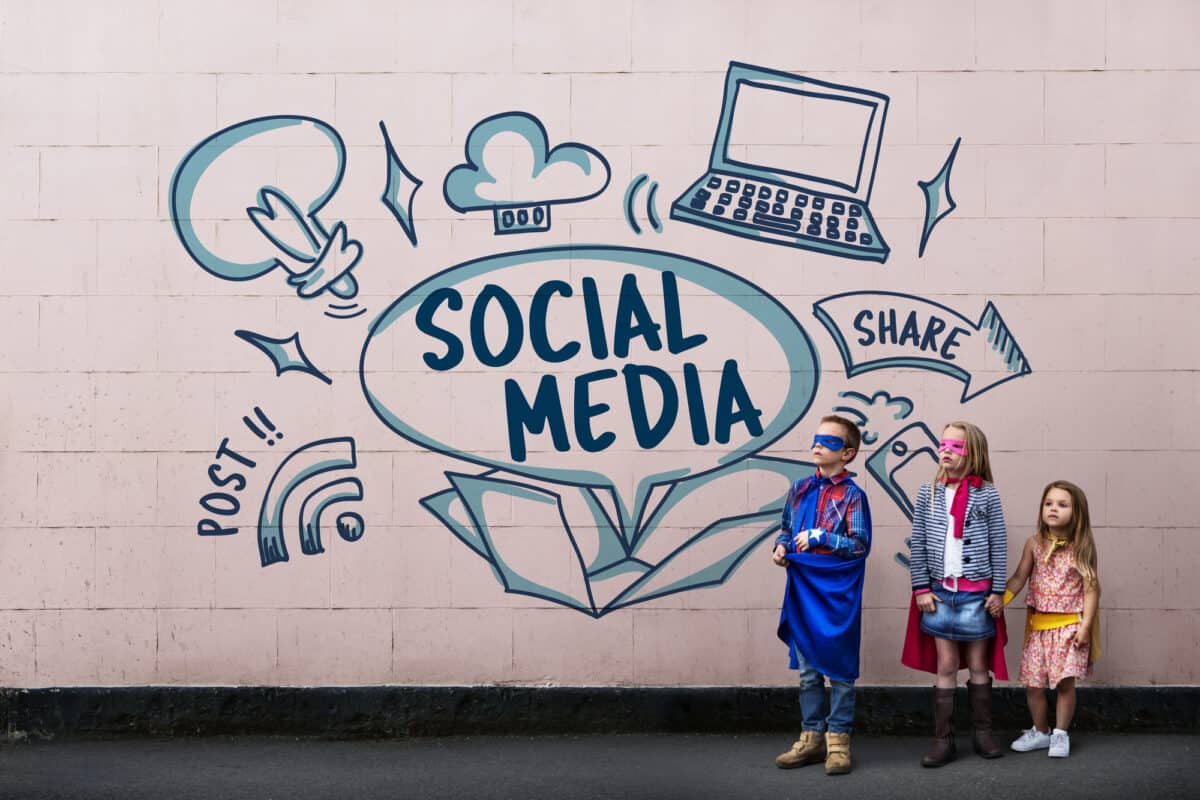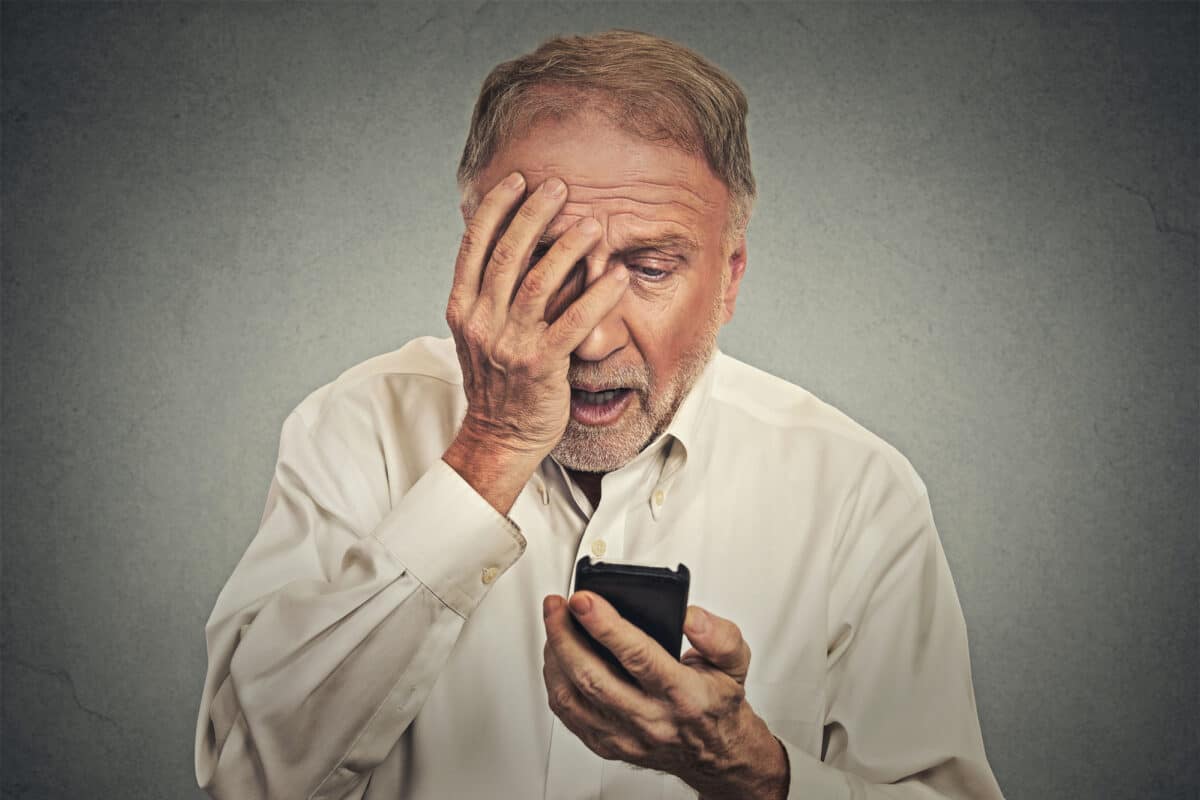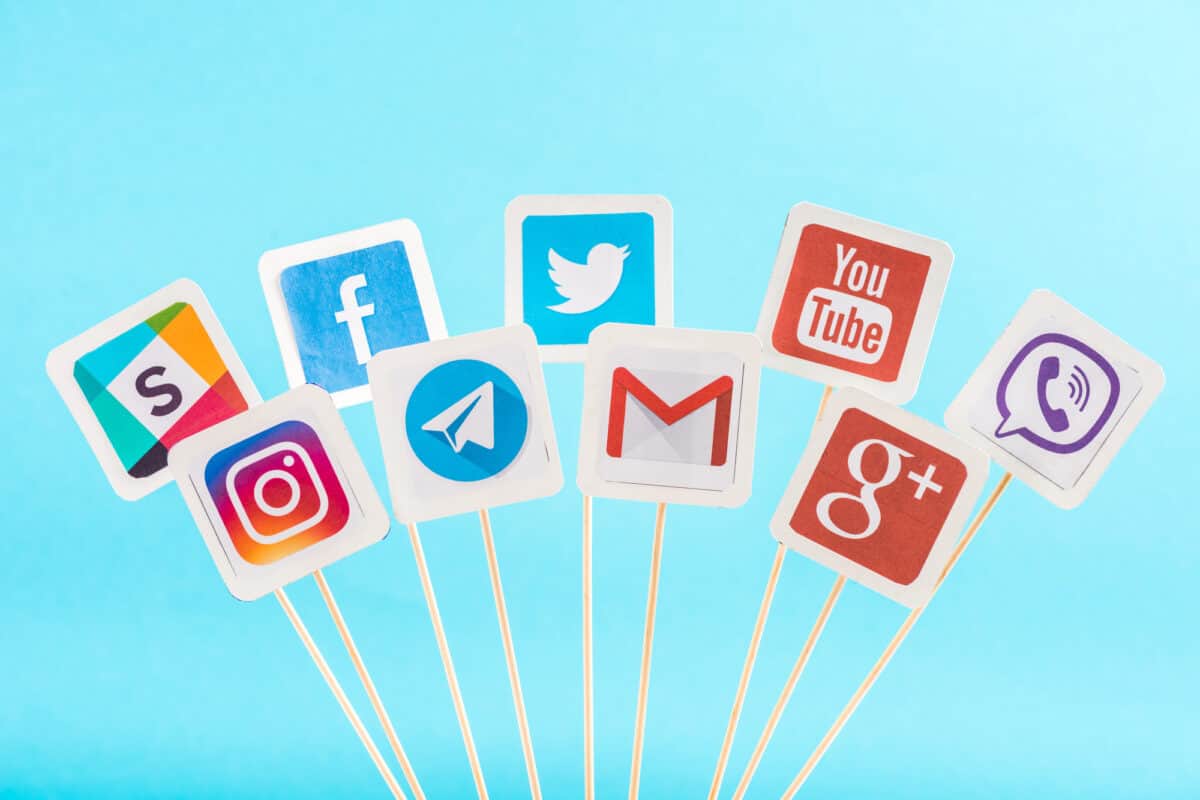Social media has become an integral part of modern society.
It has revolutionized the way we communicate, share information, and consume media.
However, with the rise of social media has come a new set of challenges, particularly in regard to body image. In fact, recent body image statistics and research have shown that around 50% of young 13-year-old American girls reported being unhappy with their bodies. This number grew to nearly 80% by the time girls reached 17 years of age!
Social media platforms like Instagram and TikTok are flooded with images of flawless bodies, perfect skin, and immaculate features. The vast majority of these images are heavily edited or filtered, portraying an unrealistic and unattainable standard of beauty. For many, this has led to feelings of inadequacy and low self-esteem, as they compare themselves to these fabricated images of perfection.
And the platforms are doing nothing to slow down the wave of #Fitspo taking over our feeds.
Just last month Insider reported a company called Kilo Group spent $4.3 million on ads for weight-loss products on TikTok.
They advertised a laxative drink called ColonBroom and a wellness book called Beyond Body. The ads for ColonBroom encouraged dangerous weight loss goals, suggesting that someone could go from 250 pounds to 100 pounds in three months. It goes without saying that these ads can be harmful to people’s health and self-esteem.
But the impact of social media on body image extends beyond just comparing oneself to others. Social media has also led to a phenomenon known as “selfie culture,” where individuals are encouraged to constantly document and share their lives online. But in reality, Social Media Makes us Less Social, where individuals live lonely and concentrate on enhancing their appearance and fame. This has created pressure to maintain a certain image or appearance, leading to an unhealthy focus on appearance and body image.
One of the most concerning impacts of social media on body image is the rise of eating disorders. According to the National Eating Disorders Association, the prevalence of eating disorders has increased by 42% in the last decade, with social media playing a significant role.
Social media platforms have become breeding grounds for “fitspo” & “thinspiration” content. This can be extremely damaging to vulnerable individuals, who may be triggered by these images and develop an unhealthy relationship with food.
However, the impact of social media on body image is not all negative. The rise of the body positivity movement has shown that social media can be used as a tool for positive change. The body positivity movement encourages individuals to embrace their bodies, regardless of their shape, size, or appearance. This movement has gained a significant following on social media, with influencers and everyday users alike sharing images of their bodies, flaws and all, in an effort to promote self-love and acceptance.
It is also important to recognize that social media is a curated version of reality. People only post the best versions of themselves online, leading to an unrealistic portrayal of life. It is important to remember that what we see on social media is not always a reflection of reality and to be mindful of the impact it can have on our mental health.
So, what can we do to mitigate the impact of social media on body image?
- First and foremost, it is important to recognize the role that social media plays in shaping our perceptions of beauty and body image. By being aware of the potential impact, we can be more mindful of how we consume and engage with social media.
- Second, it is important to diversify our social media feeds. Following a diverse range of individuals, including those of different shapes, sizes, and backgrounds, can help to challenge the unrealistic beauty standards perpetuated on social media.
- Finally, it is important to be critical of the content we see online. We should question the accuracy and validity of the content we consume and engage with. By being mindful of the impact of social media on our mental health, we can take steps to protect ourselves from its negative effects.
So, will social media ever break free from the constant flow of harmful posts related to body image? Probably not.
But It’s 2023, and we alongside these social media giants have a significant role to play in our society’s perception of body image.
This is a sponsored post
Digital Health Buzz!
Digital Health Buzz! aims to be the destination of choice when it comes to what’s happening in the digital health world. We are not about news and views, but informative articles and thoughts to apply in your business.


